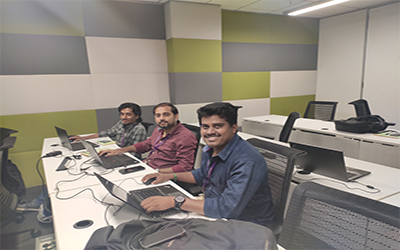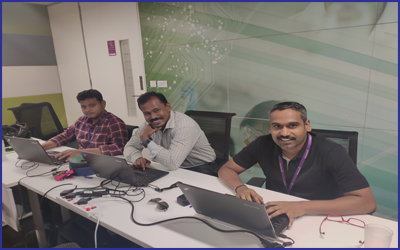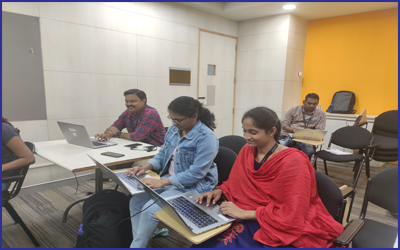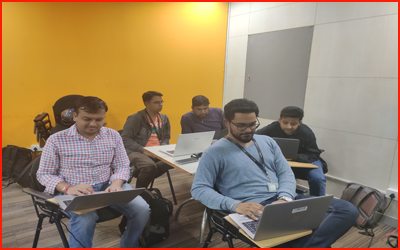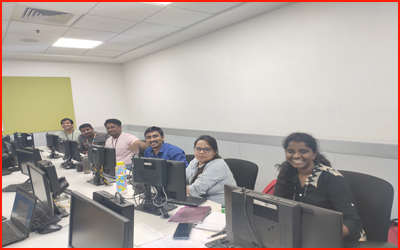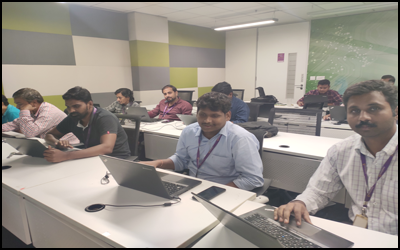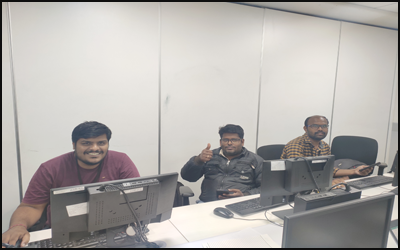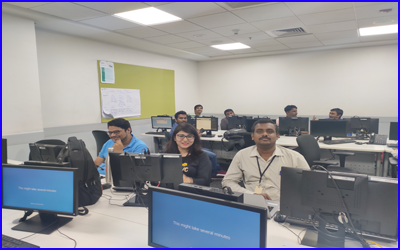RPM Training and Certification Course
4,999/-

24,999/-
RPM Live Class - Corporate Training
Agenda
Duration
What is RPM?
RPM, which stands for Red Hat Package Manager, is a powerful package management system used primarily for installing, updating, and managing software on Linux-based operating systems. Developed by Red Hat, RPM provides a standard format for distributing and managing software packages, ensuring that software installations are consistent and reliable. RPM packages, with the .rpm file extension, contain compiled software along with metadata that includes information about dependencies, installation scripts, and versioning. The RPM toolset allows administrators to perform various package management tasks, such as verifying package integrity, resolving dependencies, and managing package upgrades and removals. RPM is widely used in distributions such as Red Hat Enterprise Linux, Fedora, and CentOS, and its flexibility and reliability make it a cornerstone of Linux software management.
Participants Feedback/Reviews

Abhinav Gupta, Pune
(5.0)The training was very useful and interactive. Rajesh helped develop the confidence of all.

Indrayani, India
(5.0)Rajesh is very good trainer. Rajesh was able to resolve our queries and question effectively. We really liked the hands-on examples covered during this training program.

Ravi Daur , Noida
(5.0)Good training session about basic RPM concepts. Working session were also good, howeverproper query resolution was sometimes missed, maybe due to time constraint.

Sumit Kulkarni, Software Engineer
(5.0)Very well organized training, helped a lot to understand the RPM concept and detailed related to various tools.Very helpful

Vinayakumar, Project Manager, Bangalore
(5.0)Thanks Rajesh, Training was good, Appreciate the knowledge you poses and displayed in the training.

Abhinav Gupta, Pune
(5.0)The training with DevOpsSchool was a good experience. Rajesh was very helping and clear with concepts. The only suggestion is to improve the course content.
